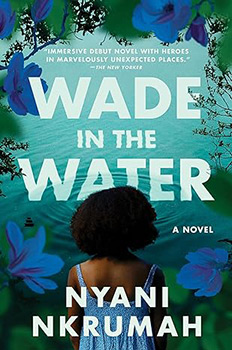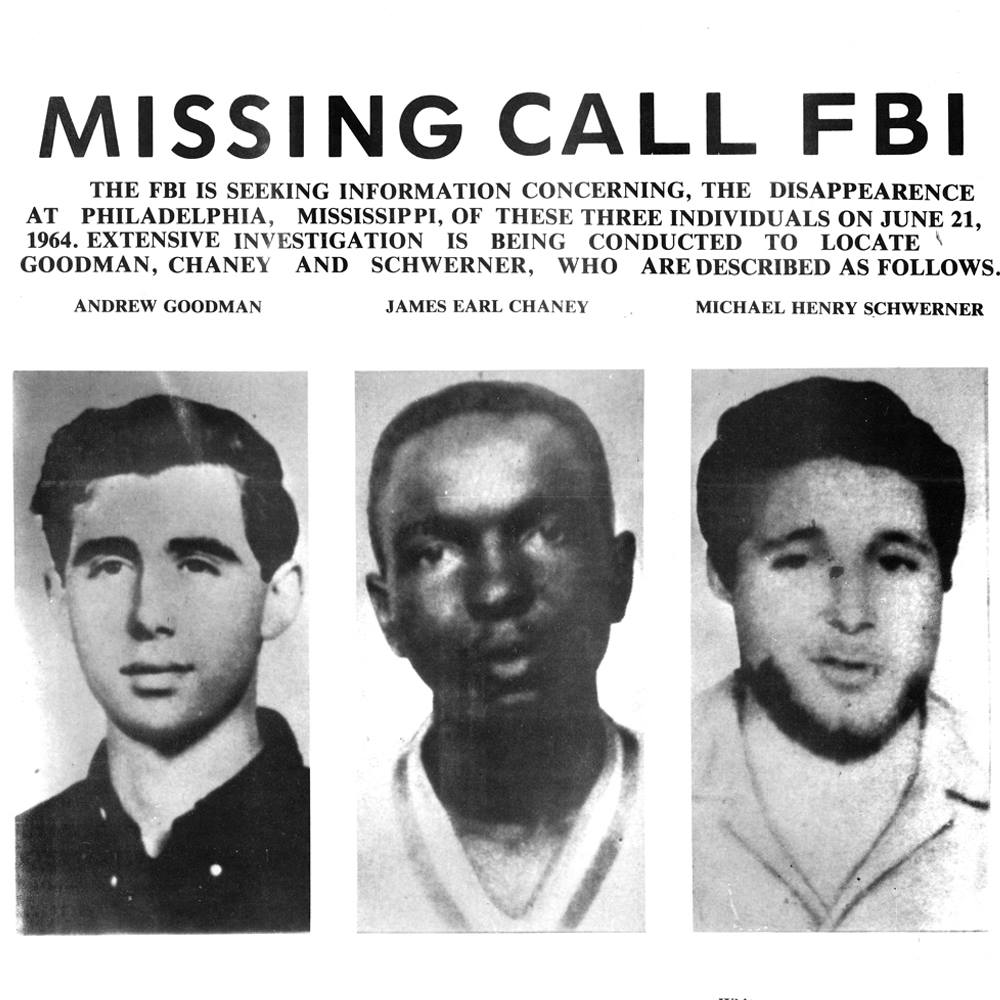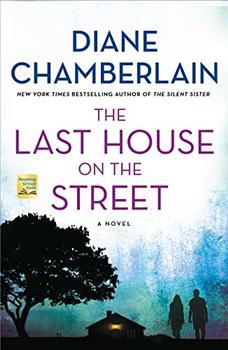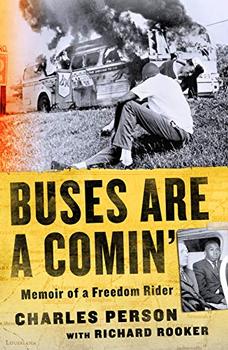Summary | Excerpt | Reviews | Beyond the book | Read-Alikes | Genres & Themes | Author Bio

A Novel
by Nyani NkrumahResonant with the emotional urgency of Alice Walker's classic Meridian and the poignant charm of Sue Monk Kidd's The Secret Life of Bees, a gripping debut novel of female power and vulnerability, race, and class that explores the unlikely friendship between a precocious black girl and a mysterious white woman in a small Mississippi town in the early 1980s.
Set in 1982, in rural, racially divided Ricksville, Mississippi Wade in the Water tells the story of Ella, a black, unloved, precocious eleven-year-old, and Ms. St. James, a mysterious white woman from Princeton who appears in Ella's community to carry out some research. Soon, Ms. St. James befriends Ella, who is willing to risk everything to keep her new friend in a town that does not want her there. The relationship between Ella and Ms. St. James, at times loving and funny and other times tense and cautious, becomes more fraught and complex as Ella unwittingly pushes at Ms. St. James's carefully constructed boundaries that guard a complicated past, and dangerous secrets that could have devastating consequences.
Told in two voices, Ella's and Ms. St. James's, and set around richly developed characters, this riveting, page turning coming of age story will keep readers entranced until the last shocking revelation.
A must read for all! (Mary O). I highly recommend this book to anyone, but especially for someone looking to gain perspective on racial inequities and the civil rights movement (Kylie W). I recommend this book to anyone seeking to broaden their understanding of our country's racial history (Marian Y). This would be an excellent book to discuss at book clubs (Jessica F). While the book features a pre-teen protagonist, due to some of the content in the book, I believe it is best suited to an older teen/adult audience with trigger warnings for abuse (Marian Y)...continued
Full Review
(1057 words)
This review is available to non-members for a limited time. For full access,
become a member today.
(Reviewed by First Impressions Reviewers).
 In Nyani Nkrumah's novel Wade in the Water, set in the early 1980s, one character's father was a member of the Ku Klux Klan who participated in the (real-life) murders of James Chaney, Andrew Goodman and Michael Schwerner on June 21, 1964.
In Nyani Nkrumah's novel Wade in the Water, set in the early 1980s, one character's father was a member of the Ku Klux Klan who participated in the (real-life) murders of James Chaney, Andrew Goodman and Michael Schwerner on June 21, 1964.
The 15th Amendment, passed in 1870, purportedly guaranteed Blacks the right to vote. The amendment, however, also gave states the ability to determine voter eligibility, and state governments in the Deep South passed laws that disenfranchised its Black residents, such as adding literacy requirements. In addition, acts of violence and intimidation by whites—particularly members of the Ku Klux Klan—physically kept Blacks from registering and casting their ballots. The campaign against ...
This "beyond the book" feature is available to non-members for a limited time. Join today for full access.

If you liked Wade in the Water, try these:

by Diane Chamberlain
Published 2023
A community's past sins rise to the surface in New York Times bestselling author Diane Chamberlain's The Last House on the Street when two women, a generation apart, find themselves bound by tragedy and an unsolved, decades-old mystery.

by Charles Person, Richard Rooker
Published 2022
A firsthand exploration of the cost of boarding the bus of change to move America forward - written by one of the Civil Rights Movement's pioneers.